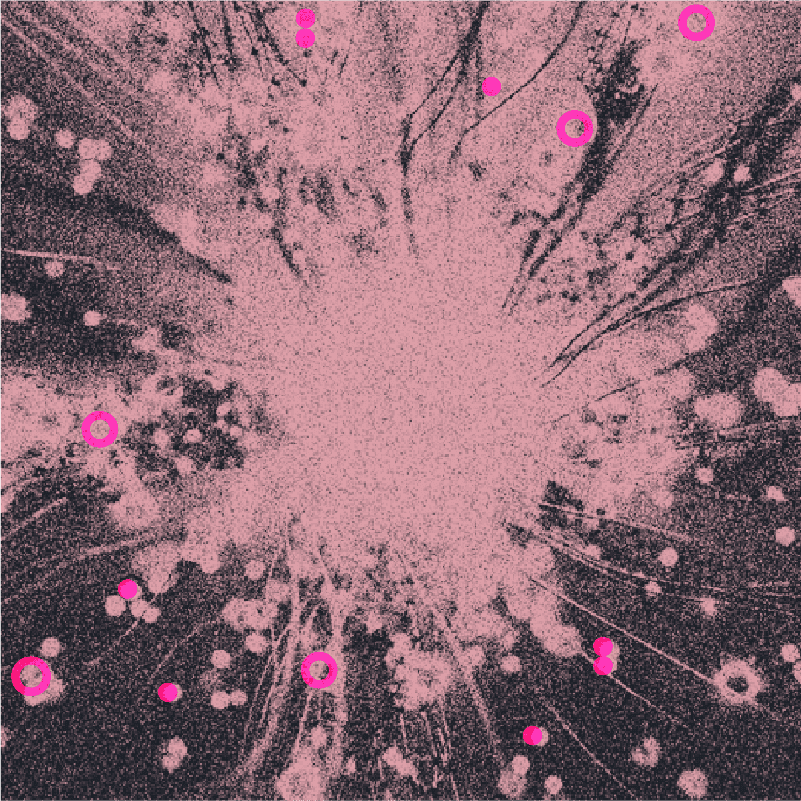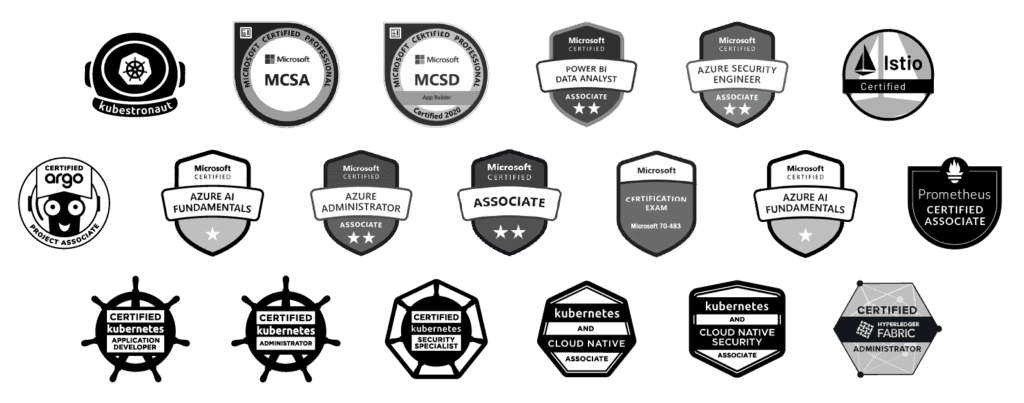In the high-stakes world of laboratory research, where the pursuit of knowledge often intersects with the potential for danger, ensuring the safety of personnel and the environment is paramount.
Traditional approaches to risk management in lab settings have often been reactive, responding to incidents after they occur. However, in the age of digital innovation, a transformation is underway, spearheaded by the revolutionary concept of Digital Twins.
According to a study by the National Institutes of Health, incidents involving laboratory-acquired infections occur at a rate of approximately 1,000 per year in the United States alone, highlighting the urgent need for enhanced safety measures. So the real question is: how can we harness the power of Digital Twins to not only anticipate and mitigate potential health hazards within laboratories, but also revolutionize how we approach safety protocols and emergency preparedness?
Imagine a research facility where scientists are on the cusp of discovering a breakthrough treatment for a deadly virus. Amidst the excitement of their progress, there lingers a sense of apprehension – the risk of accidental exposure looms large. It’s in this delicate balance between discovery and danger that Digital Twins emerge as a beacon of hope, offering a glimpse into a safer, more secure future for laboratory research.
Digital Twins represent a lifeline for laboratories navigating the complex terrain of high-risk health scenarios. Fundamentally, a Digital Twin is a virtual replica of a laboratory setup, meticulously crafted to simulate, predict, and manage potential risks before they materialize in the real world.
By leveraging Digital Twins, laboratories can preemptively identify and mitigate potential health hazards through advanced simulations and predictive analytics. From modeling disease spread to simulating chemical reactions, Digital Twins provide researchers and safety personnel with insights into potential risks, enabling them to develop more effective safety measures and emergency responses.
Digital Twins play a pivotal role in enhancing emergency preparedness within laboratory settings. By immersing personnel in virtual simulations of emergency scenarios, Digital Twins ensure that teams are better equipped to handle real-life incidents, minimizing the impact of accidents and ensuring the safety of all involved.
Digital Twins also optimize safety protocols by providing continuous feedback loops for refinement and improvement. Through iterative simulations and analysis, laboratories can fine-tune their safety procedures, making them more effective against identified risks and ensuring compliance with health and safety regulations.
In addition, the integration of IoT sensors with Digital Twins enables real-time monitoring of lab environments, allowing for immediate responses to hazardous conditions or anomalies. This seamless integration of technology ensures that potential risks are identified and addressed promptly, minimizing the likelihood of accidents or exposure.
Finally, Digital Twins facilitate advanced research safety by pushing the boundaries of exploration in high-risk scenarios. By safely simulating conditions that would be too dangerous or unethical to conduct in real life, researchers can probe deeper into their studies with confidence, knowing that their safety is assured.
The Future of Laboratory Safety is Here, and It's Digital
In an era defined by the convergence of innovation and risk, Digital Twins emerge as a powerful ally for laboratories seeking to safeguard their personnel and the environment.
By harnessing the predictive capabilities of Digital Twins, laboratories can anticipate and mitigate potential health hazards, revolutionizing how they approach safety protocols and emergency preparedness.












